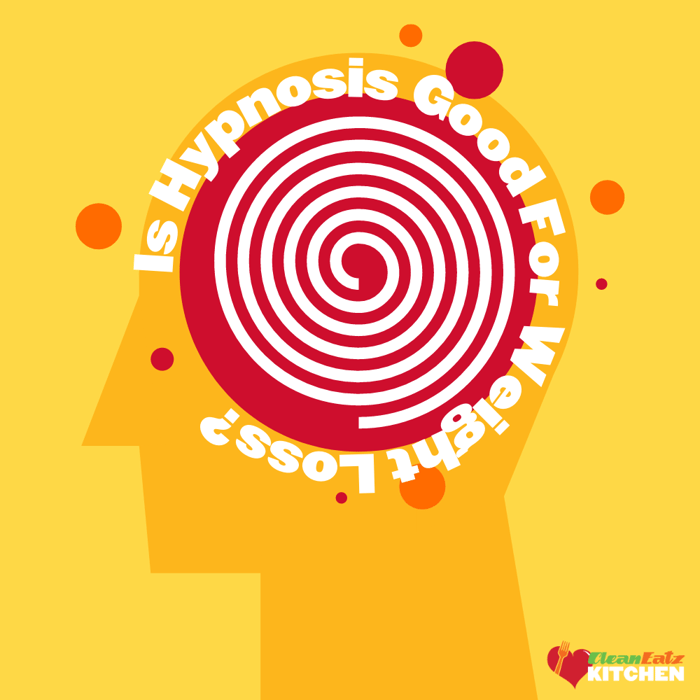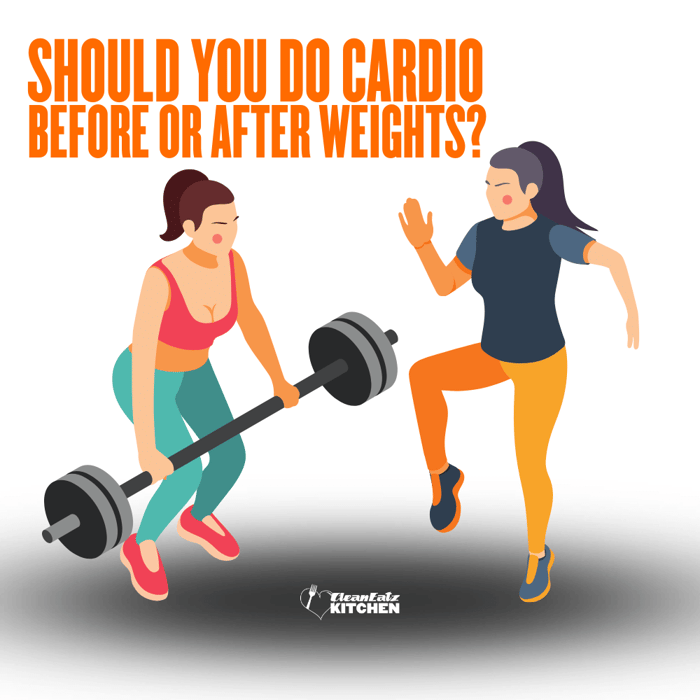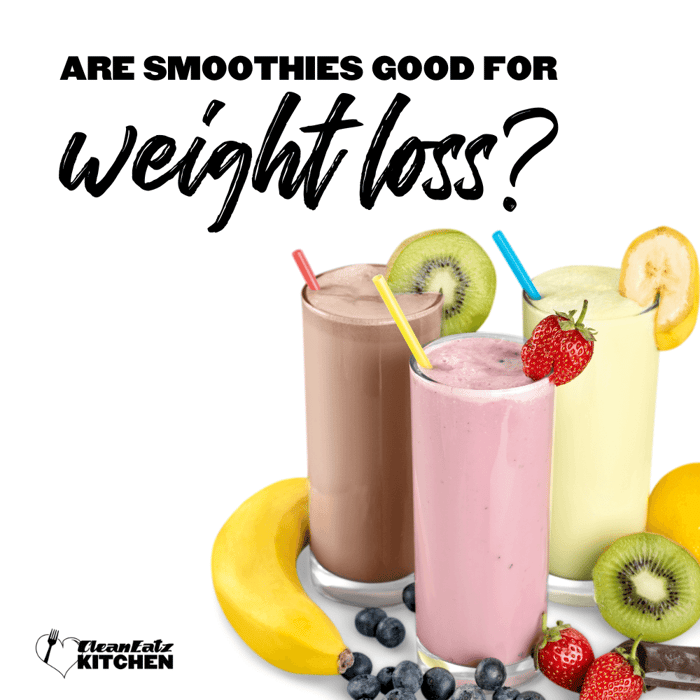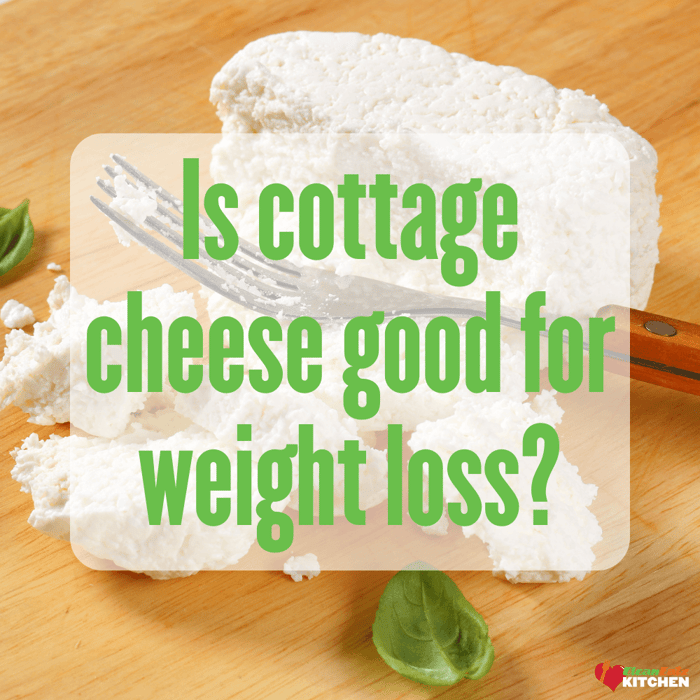Can Hypnosis Help with Weight Loss?

Jason Nista
Weight Loss
10/03/2025 8:19am
5 minute read
What hypnosis is (and isn’t)
Clinical hypnosis is a therapist-guided state of focused attention used to deliver therapeutic suggestions (often alongside CBT-style skills). Major psychology organizations note benefits across several conditions; for weight loss specifically, it’s best viewed as a support tool that can reinforce habits you’re already building. :contentReference[oaicite:1]{index=1}
What the evidence says
- Added to behavioral programs: Classic and recent reviews find that adding hypnosis to CBT-style weight programs can improve outcomes—effects range from small at program end to larger at follow-up (i.e., better maintenance), but heterogeneity is high. :contentReference[oaicite:2]{index=2}
- Standalone or self-hypnosis: Small trials/mixed results; a recent double-blind pilot of self-hypnosis audio showed no significant loss at 3 weeks (underpowered). Expectation management is key. :contentReference[oaicite:3]{index=3}
- Mechanisms: Hypnosis may help reduce food impulsivity/emotional eating and strengthen adherence to goals rather than directly “burning fat.” :contentReference[oaicite:4]{index=4}
- Bottom line: Consider hypnosis a useful add-on to a calorie-appropriate, protein-forward plan with behavior support—not a substitute for nutrition and activity. :contentReference[oaicite:5]{index=5}
Need a plan to anchor hypnosis? Start with your calorie & protein targets, compare portions vs. calorie counting, and stock up on foods that keep you full. If progress stalls, see plateau fixes or our done-for-you meal plans.
Who might benefit most
- Emotional/stress eaters who want better cue-control and coping skills.
- People who like structured habit practice (brief daily self-hypnosis + journaling).
- Those using CBT-style programs who want extra tools for cravings and consistency. :contentReference[oaicite:6]{index=6}
How to use hypnosis effectively (4-part framework)
- Anchor in fundamentals: Set a steady calorie deficit, hit ~25–40 g protein/meal, and aim for high-fiber foods. (high-protein basics; best foods)
- Pair with behavior skills: stimulus control (kitchen set-up), planning, urge surfing, and mindful eating; hypnosis reinforces these skills. :contentReference[oaicite:7]{index=7}
- Practice consistently: Many protocols use brief (5–15 min) daily or near-daily practice between clinician sessions for several weeks, then taper. :contentReference[oaicite:8]{index=8}
- Track outcomes: cravings, binge frequency, and weekly weight/waist—not just scale blips. If you’re training, see post-workout carbs.
Safety & how to find a qualified provider
- General safety: Hypnosis is typically safe when provided by a licensed clinician; it’s best used as part of a broader plan. Mayo Clinic: useful as part of a larger treatment plan for quitting smoking or losing weight. :contentReference[oaicite:9]{index=9}
- Who should avoid or use caution: People with psychosis or certain personality disorders should avoid hypnotherapy unless explicitly cleared/managed by their care team. :contentReference[oaicite:10]{index=10}
- Finding a provider: Look for licensed health/mental-health professionals with training through reputable groups like the American Society of Clinical Hypnosis (ASCH) or the Society for Clinical and Experimental Hypnosis (SCEH). :contentReference[oaicite:11]{index=11}
Red flags: extreme claims (“past-life regression” for weight loss), guarantees, or advice to stop prescribed care. Stick with evidence-based clinicians.
FAQs
How much extra weight loss does hypnosis add?
It varies. Older and newer meta-analyses suggest small-to-moderate added effects when layered onto CBT-style programs, with some evidence of better maintenance at follow-up. Individual response differs. :contentReference[oaicite:12]{index=12}
How many sessions do I need?
Commonly 4–8 clinician sessions over 4–8 weeks plus short, frequent home practice. Your plan should integrate nutrition, physical activity, and behavior coaching. :contentReference[oaicite:13]{index=13}
Do self-hypnosis apps work?
Evidence is limited/mixed. A blinded pilot of an audio track showed no significant short-term weight loss; quality and consistency matter. Use clinician-guided content when possible. :contentReference[oaicite:14]{index=14}
Is hypnosis a replacement for diet or GLP-1 medicines?
No. Use it to support habits and adherence. Your core results will come from a sustainable calorie deficit, adequate protein, activity, and—if prescribed—medications. :contentReference[oaicite:15]{index=15}
References
- Kirsch I. Hypnotic enhancement of cognitive-behavioral weight loss treatments (meta-analysis). PubMed. :contentReference[oaicite:16]{index=16}
- Kirsch I, et al. Hypnosis as an adjunct to CBT (meta-analysis). PubMed. :contentReference[oaicite:17]{index=17}
- Rosendahl J, et al. Meta-analytic evidence on efficacy of hypnosis (umbrella review incl. obesity). Frontiers in Psychology. :contentReference[oaicite:18]{index=18}
- Bo S, et al. Self-conditioning (self-hypnosis) + lifestyle RCT. Obesity. :contentReference[oaicite:19]{index=19}
- Antoun J, et al. Audio self-hypnosis double-blind pilot—no significant short-term effect. Pilot Feasibility Stud. :contentReference[oaicite:20]{index=20}
- Delestre F, et al. Hypnosis reduces food impulsivity. AJCN. :contentReference[oaicite:21]{index=21}
- Mayo Clinic — Hypnosis overview (adjunctive use incl. weight loss). mayoclinic.org. :contentReference[oaicite:22]{index=22}
- NHS — Hypnotherapy (availability & caution re: psychosis). nhs.uk. :contentReference[oaicite:23]{index=23}
- ASCH — About hypnosis & credentialing; find trained clinicians. asch.net. :contentReference[oaicite:24]{index=24}
- SCEH — Research-focused professional society. sceh.us. :contentReference[oaicite:25]{index=25}
Educational content only; not medical advice.
Related Articles
Should You Do Cardio Before or After Weights?
4 minute read
Is Cottage Cheese Good for Weight Loss?
5 minute read



